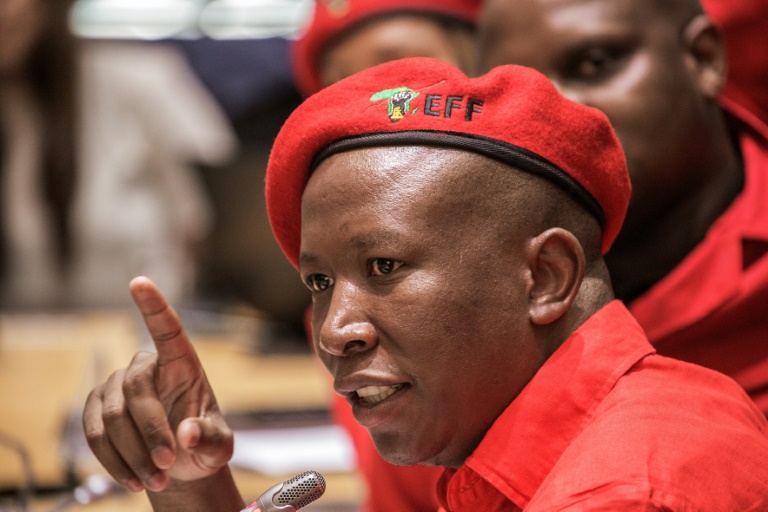South African President Cyril Ramaphosa, who came to power last month, vowed on Wednesday to "escalate the pace" of redistributing land from wealthy whites to poorer blacks.
Land ownership is a sensitive subject in South Africa, 24 years after the end of apartheid rule, and Ramaphosa warned the issue would “implode” unless it was addressed quickly.
“We must — given the history we have had — work with urgency to significantly and sustainably escalate the pace of land reform,” Ramaphosa told parliament.
“If we do not do so, this problem that has stayed with us as a nation for hundreds of years… will implode in our hands.
“This is the historic task that we have as South Africans to address this question once and for all.”
Ramaphosa, an anti-apartheid trade unionist who became multi-millionaire businessman, faces growing frustration among landless blacks over lack of change since white-minority rule ended in 1994.
White people still own around 72 percent of individually-owned farms in South Africa, with the black majority owning just four percent, according to an audit cited by Ramaphosa.

Ramaphosa is under pressure to act on land distribution from the Economic Freedom Fighters (EFF), led by Julius Malema
Land reform is set to be a key battleground in the 2019 general election, and the radical Economic Freedom Fighters (EFF) opposition party has encouraged supporters to seize property.
But Ramaphosa warned against illegal occupation.
“We cannot have a situation where we allow land grabs because that is anarchy,” he said. “We will not allow land grabs, we will not allow land invasions.”
The ruling ANC party has backed expropriation of land without compensation, and lawmakers last month backed a motion that could lead to constitutional changes over land reform.
Ramaphosa is seen as a pro-business reformist after Jacob Zuma’s graft-tainted rule.
But he must also boost support among ANC grassroot voters after years of declining election results for the party.
Describing land dispossession as South Africa’s “original sin”, Ramaphosa said he was committed “to a comprehensive land reform programme that corrects the historical injustices of land dispossession”.
Botched and often violent redistribution of land in neighbouring Zimbabwe under Robert Mugabe left many farms in ruins, and the drop in production triggered an economic crisis that still haunts the country.
Ramaphosa has supported land expropriation without compensation as long as it increases food production.






